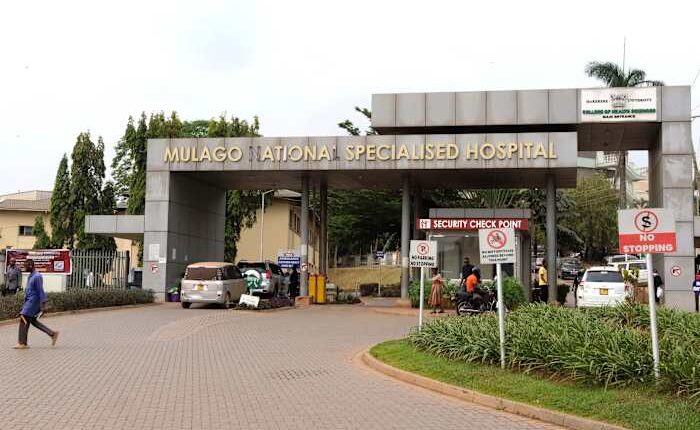
KAMPALA – The authorities in Uganda have initiated a clinical trial for a vaccine designed to combat the Sudan strain of Ebola, which caused the death of an individual during the recent outbreak announcement.
This trial represents the first effort to evaluate the effectiveness of a vaccine targeting the Sudan strain, as stated by the Director-General of the World Health Organization, Tedros Adhanom Ghebreyesus.
The study is specifically focusing on health workers and individuals who have been in contact with the Ebola strain. It was launched just four days after Uganda reported the death of a nurse in Kampala, the capital city. Additionally, two new cases were confirmed on Monday among relatives of the initial victim.
Officials are investigating the source of the outbreak. Ebola is spread by contact with bodily fluids of an infected person or contaminated materials. Symptoms include fever, vomiting, diarrhea, muscle pain and at times internal and external bleeding.
Responding to this outbreak could prove difficult because Kampala has a highly mobile population of about 4 million. The nurse who died had sought treatment at a hospital just outside the capital and later traveled to Mbale in the country’s east, where he was admitted to a public hospital. Health authorities said he also sought the services of a traditional healer.
At least 234 contacts in this outbreak have been identified, according to the Ministry of Health.
Health authorities have access to more than 2,000 doses of a candidate vaccine against the Sudan strain. The maker of the vaccine has not yet been made public.
The trial “marks a major milestone in public health emergency response and demonstrates the power of collaboration for global health security,” Matshidiso Moeti, the WHO director for Africa, said in a statement.
This is the first Ebola outbreak since the Trump administration’s decision last week to withdraw from the U.N. health agency, and since Trump’s order for a freeze on foreign assistance.
Uganda has had multiple Ebola outbreaks, including one in 2000 that killed hundreds. Tracing contacts is key to stemming the spread of Ebola, which manifests as a viral hemorrhagic fever.
A trial vaccine known as rVSV-ZEBOV, used to vaccinate 3,000 people at risk of infection during an outbreak of the Zaire strain of Ebola in eastern Congo between 2018 and 2020, proved effective in containing the spread of the disease there.
The confirmation of Ebola in Uganda is the latest in a series of outbreaks of viral hemorrhagic fevers in the east African region. Tanzania declared an outbreak of the Ebola-like Marburg disease last month, and Rwanda in December announced that its own outbreak of Marburg was over.
Scientists don’t know the natural reservoir of Ebola, but they suspect the first person infected in an outbreak acquired the virus through contact with an infected animal or eating its raw meat.
Ebola was discovered in 1976 in two simultaneous outbreaks in South Sudan and Congo, where it occurred in a village near the Ebola River, after which the disease is named.
Copyright 2025 The Associated Press. All rights reserved. This material may not be published, broadcast, rewritten or redistributed without permission.















